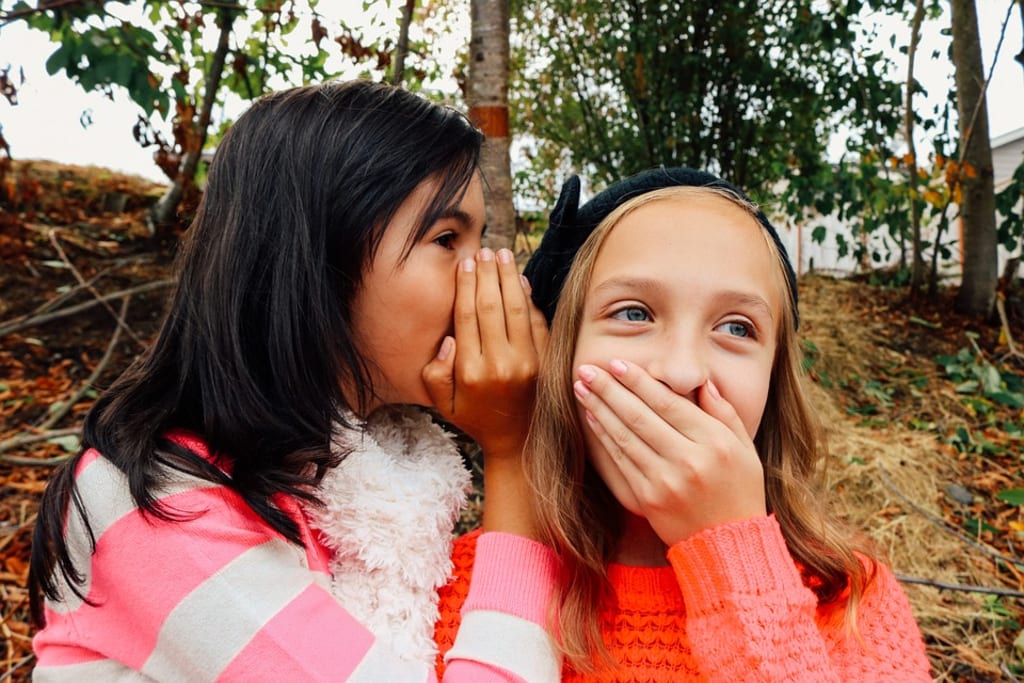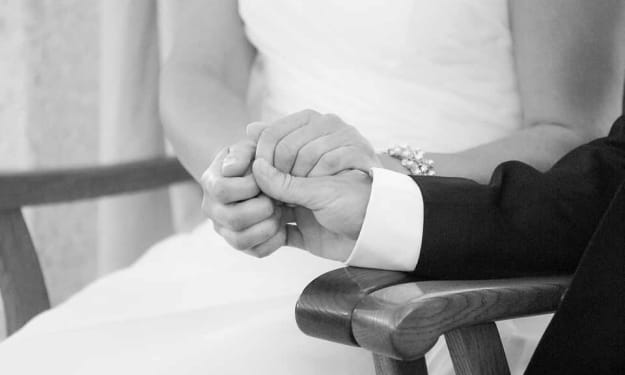Arthur, Martha, and What Does It Matter?
Looking back, homophobia seems really... odd.

I grew up in the 80s and 90s, already a bygone era prior to the birth of many adults today. Aside from lamenting the loss of my youth, it really is easy to see that it was a different age.
There were a couple of aphorisms that used to come out (ha!) whenever somebody acted in a non-heteronormative way:
“He doesn’t know if he’s Arthur or Martha” and “maybe he’s unsure of / insecure in his sexuality”.
I’ve not heard either of those phrases for a long time, and I suppose it’s mainly because they sound a bit weird given how the world has changed since then. Like, what do those phrases even mean anymore? If you can’t figure it out, they were both not-so-secret code for “this person is RELENTLESSLY GAY”.
Being gay (or bisexual, or trans, or gender non-conforming, or anything even marginally different from “totally 100% straight”) was A Big Deal back then. If you were gay (or were accused of being gay), you faced ridicule, violence, and ostracism. A bit like today, you might think, except there was literally no-one to fight your corner. Anyone who might have been in a position to help you, like police, teachers, or community leaders, would rather that you didn’t exist – and so the end result would be either nothing, or further punishment simply for what you were.
Throwaway phrases like those above permeated every aspect of our lives. It’s strange to think it was such an important issue, but growing up under Section 28 meant that homophobia was institutionalized, the norm. And because it was the norm, I didn’t realize that the messages we were given were so wrong until I could see that world from the outside. Snide remarks, little jokes here and there, the fire-and-brimstone lectures from my dad. And, of course, “you’re gay” being the playground insult of choice – everything was both really gay, and not gay in the slightest, all at once. The message was that being gay was bad, and that you had better not be gay.
Being my young, inquisitive self, with little reference material connecting me to the outside world (this was pre-internet, a time that will probably be named as one of the defining epochs of human existence), I began to think as critically as I was able to, about what it all really meant.
The grown-ups were telling me that homosexuality was this terrible, terrible thing, but I couldn’t see a logical reason as to why. And the church was saying that it was a sin – and I knew that sins were something to be very afraid of, and to definitely not commit – but I didn’t know why those particular things had been chosen to be sinful, or what that really meant.
And I thought, “Well, what if he actually doesn’t know if he is Arthur or Martha? So what? And what if he decides he is actually Martha?”. Quite progressive for a ten-year-old growing up in Thatcher’s Britain. And this whole thing about being unsure of one’s sexuality; I knew the adults didn’t really mean that. They meant “he’s sure that he’s not straight”, and as I said above, I just didn’t get why that was a problem.
Becoming a teenager was both good and bad for me regarding LGBT awareness. Good, because some of my peers had started thinking along similar lines, and many of them came from families that weren’t so uptight, so there was at least the chance to discuss and ask questions. Bad, because plenty others weren’t as switched on about the subject, and I could see them becoming more entrenched, and less relatable, by the day.
I’m glad that today’s schoolchildren are allowed to learn, understand and explore LGBT topics, and their own identities, in relative safety. And it’s comforting to know that weird, 10-year-old me, was actually the normal one all along.
About the Creator
Katy Preen
Research scientist, author & artist based in Manchester, UK. Strident feminist, SJW, proudly working-class.






Comments
There are no comments for this story
Be the first to respond and start the conversation.